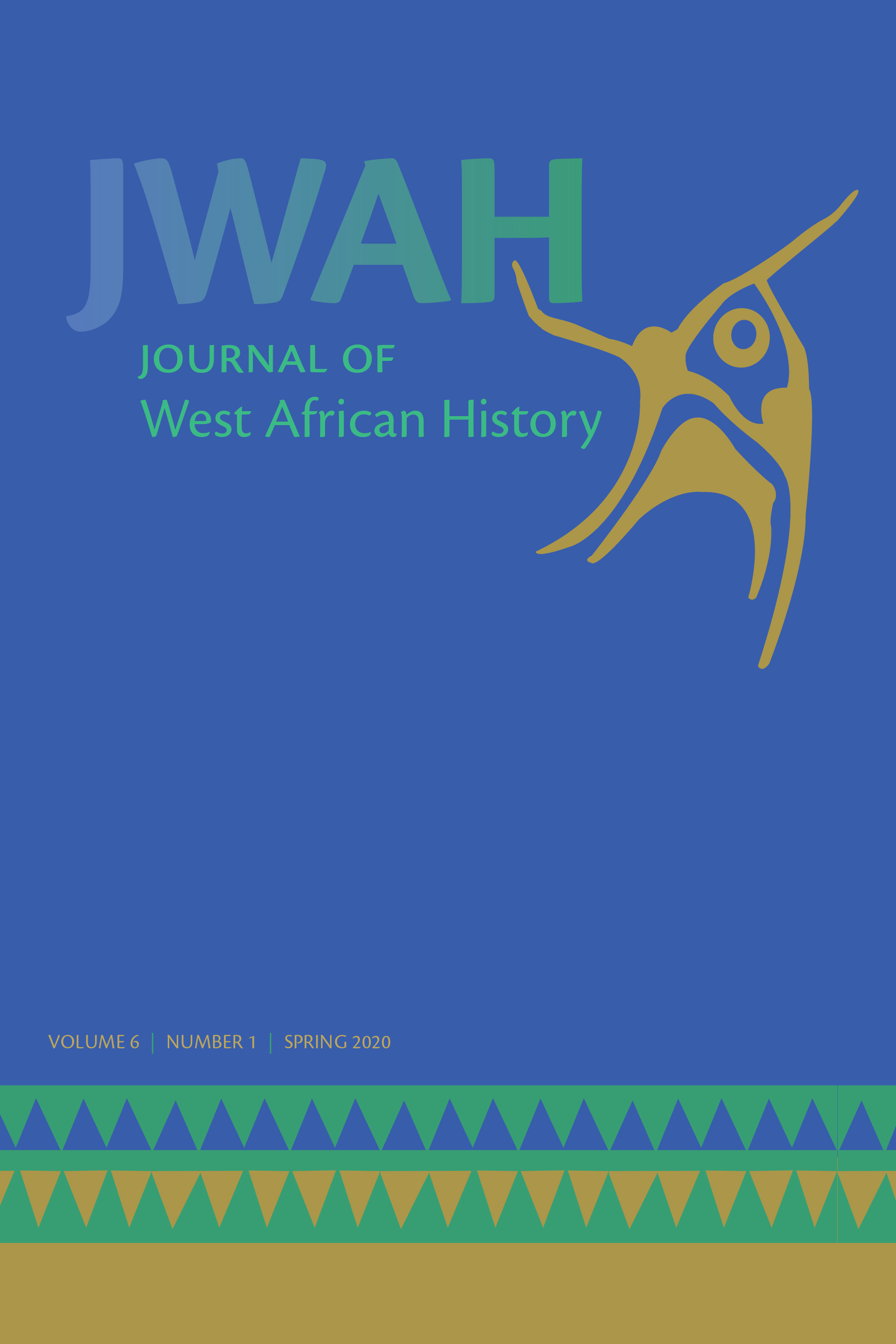
Journal of West African History
Where to Read
The Journal of West African History (JWAH) is an important initiative in the field of African Studies published by Michigan State University Press in collaboration with Michigan State University’s African Studies Center and History Department. An interdisciplinary peer-reviewed research journal, JWAH is located at the cutting edge of new scholarship on the social, cultural, economic, and political history of West Africa and publishes the highest quality articles on West African history. It fills a representational gap by providing a forum for serious scholarship and debate on women and gender, sexuality, slavery, oral history, popular and public culture, and religion. The editorial board encourages authors to explore a wide range of topical, theoretical, methodological, and empirical perspectives in new and exciting ways. The journal is committed to rigorous thinking and analysis; is international in scope; and offers a critical intervention about knowledge production. Scholarly reviews of current books in the field appear in every issue. An articulated goal of JWAH is to bridge the gap between Anglophone and Francophone scholarship on West Africa. Thus, the journal is published in both English and French (an abstract in both languages is provided).
In addition to scholarly articles, JWAH features recurring segments dedicated to unraveling and engaging with important intellectual questions. In a forum called “Retrospectives,” the most established scholars in the field contribute historiographical essays and reflection pieces to bring together current thinking with new directions on scholarship about West Africa’s history. “Thinking Digitally” engages new digital media and technologies as tools for historical research and documentation of West African realities, probing especially how historical practice, presentation, and analysis can be translated in digital terms. In the section “Conversations,” leading scholars engage in debate—conversations, really—with the past and present of West African history on topics as significant and varied as LGBTI rights and discrimination; health, healing, and disease; and wealth and security issues; to name but a few. Finally, “The Teaching Scholar” features articles that throw teaching pedagogies into conversation with scholarship.
Editor: Nwando Achebe, Michigan State University
